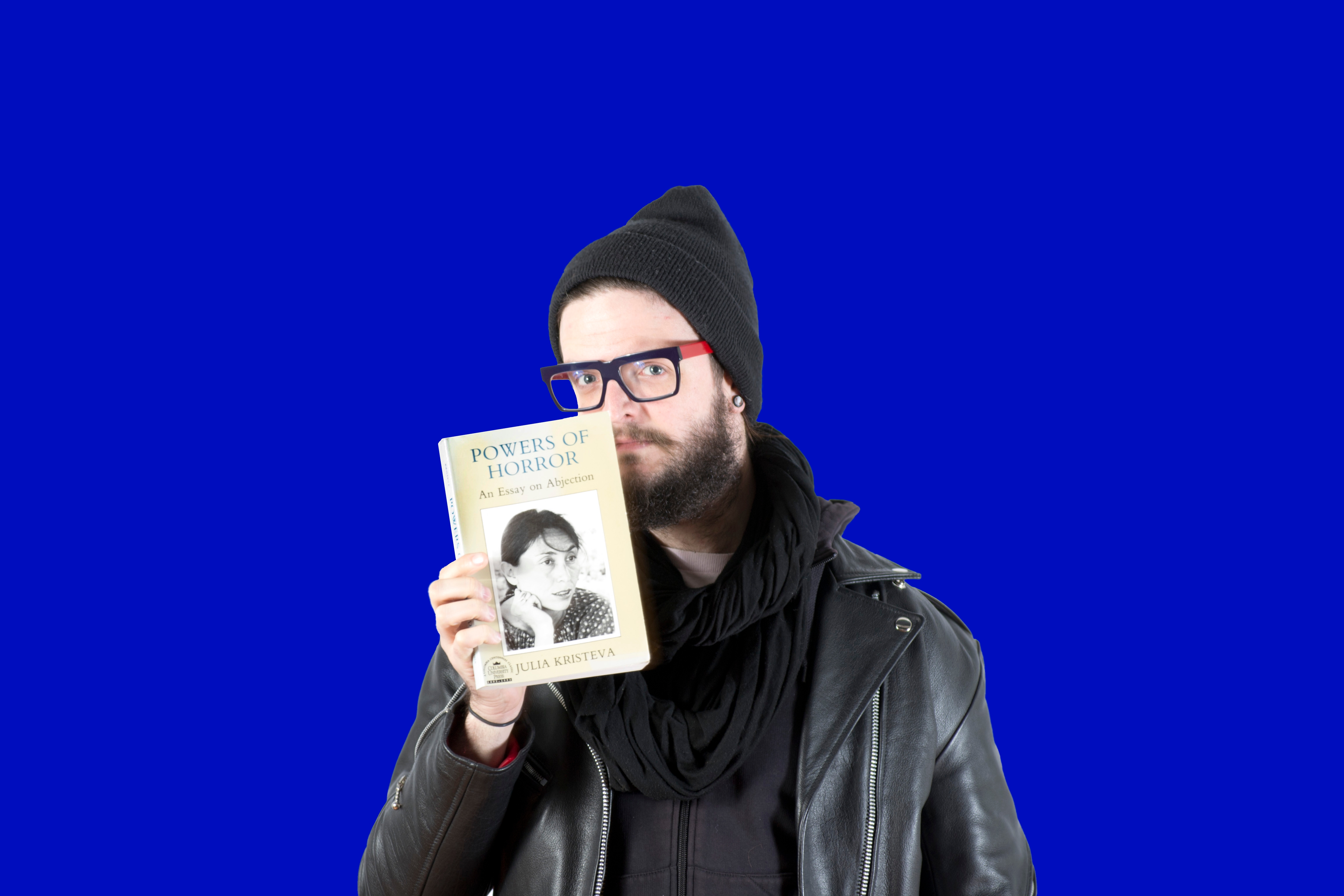
Brandon Masterman (Ph.D. Candidate)
I utilize the theory of abjection as a way to understand queerness, as a destabilizing and uncomfortable position in the context of normative social structures. Further, I theorize sound as a medium through which the affective force of queer abjection can be realized.
"Not me. Not that. But not nothing, either. A 'something' that I do not recognize as a thing. A weight of meaninglessness, about which there is nothing insignificant, and which crushes me. On the edge of nonexistence and hallucination, of a reality that, if I acknowledge it, annihilates me. There, abject and abjection are my safeguards. The primers of my culture."- Julia Kristeva
This passage explicates the fundamental framework for Kristeva's theory of abjection: as a liminal force that refuses signification, yet bears an immense power over a subject, nonetheless. This power is a discomfiting repulsion to the very idea of realizing the abject. In many ways, queerness also maintains a similar capacity in relation to cultural expectations of normativity. Queerness exists as a threat that cannot be assimilated without also being annihilated.